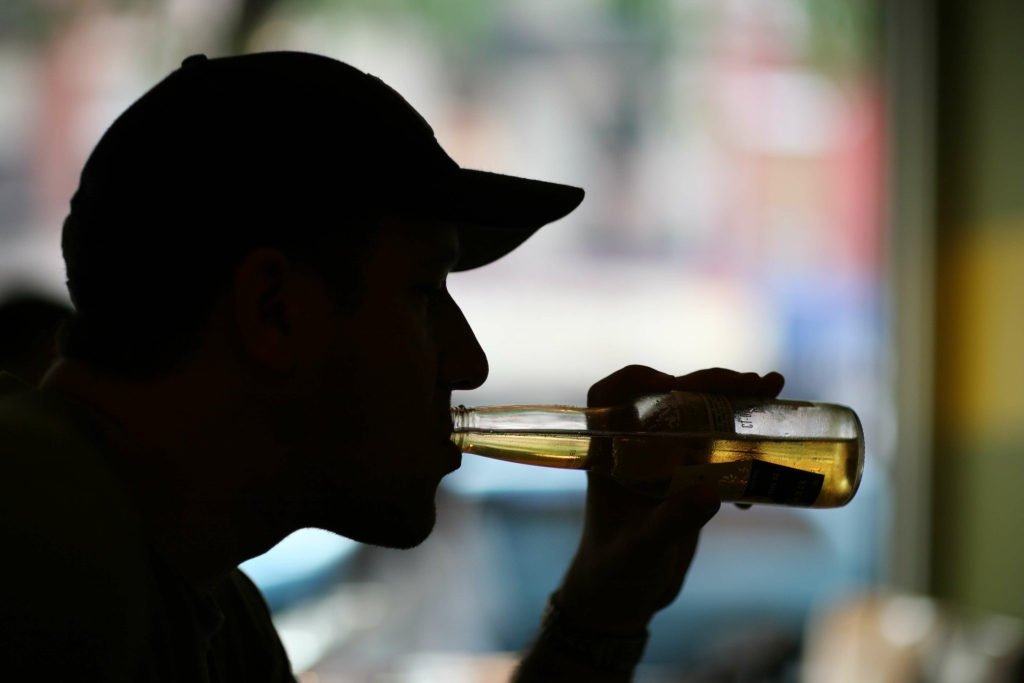Content
- Angry Drunk Psychology: Why Does Alcohol Make Some People Abusive?
- Depression and Insomnia: Understanding the Bidirectional Link
- How Spiritual Counseling Can Help You Achieve Your Goals
- The Anger Iceberg: How Emotions Affect Everything, Including Alcoholism
- How to Talk to Kids About Your Experience with Addiction
- How Equine-Assisted Therapy Works in Addiction Recovery
If anger is a symptom of someone’s mental health disorder, alcohol can intensify the anger to dangerous levels. When someone has both a mental health and substance use disorder, they are considered co-occurring disorders. In a 2010 study conducted in Sweden, researchers found a link between people who suppress their anger and their likelihood for getting into drunken brawls. Because alcohol decreases our self-control, our pent-up rage is more likely to come out while drinking. The study also found that those who suppress anger were more likely to drink themselves to the point of being drunk, which also increased their likelihood for getting into a drunken altercation.

Spend your time re-learning who you are, connecting with the world around you, and setting achievable goals that your team of clinicians will help you reach both during and after your stay. Magnolia Ranch is not a respite – it is a habitat of remarkable rehabilitation. All content created by Alcohol Rehab Help is sourced from current scientific alcoholics and anger research and fact-checked by an addiction counseling expert. However, the information provided by Alcohol Rehab Help is not a substitute for professional treatment advice. They are peer-led organizations dedicated to helping each other remain sober. Support groups can be the first step towards recovery or part of a long-term aftercare plan.
Angry Drunk Psychology: Why Does Alcohol Make Some People Abusive?
And make sure you have this conversation when your loved one is in the right state of mind. Treatment should be administered by a recovery specialist at a rehabilitation facility.
- Moderating your drinking, either permanently or for a little while, will help you view the problem from a healthier, less clouded point of view.
- The FHE Health team is committed to providing accurate information that adheres to the highest standards of writing.
- The inability to control or suppress your emotions can lead to inappropriate or dangerous situations.
- The same goes for alcoholism – and overcoming both of them at the same time can seem daunting.
- Many people enjoy alcoholic drinks as a way of relaxing, sometimes to reduce the tension of socializing or to quiet an overactive mind.
- These are the issues that we jump into in this deep dive into the link between anger and alcoholism.
If you or a friend have had altercations while drinking, you may be asking yourself whether you have a problem with alcohol and anger. You may even consider whether it’s time to stop drinking entirely. If this isn’t the first time you’ve considered this, you should know that is the first sign of a possible drinking problem. Without your prefrontal cortex in-control, there are parts of the brain that simply don’t get checked, resulting in impulsive thoughts and actions. If you take someone who is more prone to anger in general, they will be less likely to restrain themselves while drinking.
Depression and Insomnia: Understanding the Bidirectional Link
Spouses walk on eggshells, always trying to avoid setting off the next angry outburst, or worse, physical attack. The damage done to the mental health of loved ones of alcoholics due to misplaced anger is significant. In addition to potential mental health disorders related to difficulties managing anger, there are several physical side effects of unchecked and chronic anger. This activates the stress response, which speeds up heart rate, respiration, and blood pressure, and increases body temperature. Stress also affects focus and attention abilities, and heightens energy while decreasing appetite and sleep functions.

If you have questions about addiction recovery and treatment, we encourage you tocontact us at any time. Some studies highlight the impairment caused by alcohol consumption on processing emotional faces. They first consumed alcohol and were asked to recognize the emotions of different faces on a computer task. Specifically, they exhibited a reduced capacity to detect sadness and fear and a reduced tendency towards seeing happiness. The present study is going to explore the relationship of anger with treatment outcome among alcohol users after 1 year of treatment.
How Spiritual Counseling Can Help You Achieve Your Goals
When combined with other evidence-based therapies, such as cognitive behavioral therapy , MAT can help prevent relapse and increase your chance of recovery. Outpatient programs are often part of aftercare programs once you complete an inpatient or PHP program. It is important for people undergoing treatment to have a stable and supportive home environment without access to drugs and alcohol. These programs typically last 30, 60, or 90 days, sometimes longer. The inability to control or suppress your emotions can lead to inappropriate or dangerous situations. Heightened responses due to alcohol consumption can make anger intensified.
- The most self-evident way to stop being an angry drinker is to quit drinking altogether.
- We’re here to answer your questions and/or concerns and help you navigate your unique road to recovery.
- The ultimate goal is to help them get into a treatment program that addresses their substance abuse and the way it causes them to behave.
- Additionally, this information should also be taught in schools to expand their understanding and hopefully reduce the prevalence of alcohol-related aggression.
- Aside from existing anger issues, people can turn into aggressors when drinking for several reasons.
When we focus on living our lives without alcohol in early sobriety, a lot can change very quickly. For many of us, alcohol became a salve and was ever-present in our daily activities. One of the hardest things for me to do was to admit I needed help. I had an amazing experience and found my true sober self again. I owe my life to them and I just hope this can reach someone who needs to hear it. Support groups such as Alcoholics Anonymous and Self-Management And Recovery Training are open to anyone with a substance use disorder.
The Anger Iceberg: How Emotions Affect Everything, Including Alcoholism
That bouncing up and down experience is what we refer to as anxiety. Many of us got messages as children that it was not nice or it was not good to feel or express anger.
What does long term alcohol abuse do to the brain?
Alcohol makes it harder for the brain areas controlling balance, memory, speech, and judgment to do their jobs, resulting in a higher likelihood of injuries and other negative outcomes. Long-term heavy drinking causes alterations in the neurons, such as reductions in their size.




Leave a reply